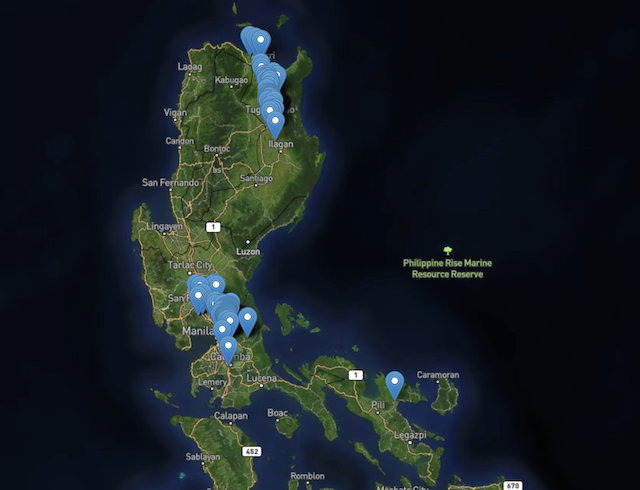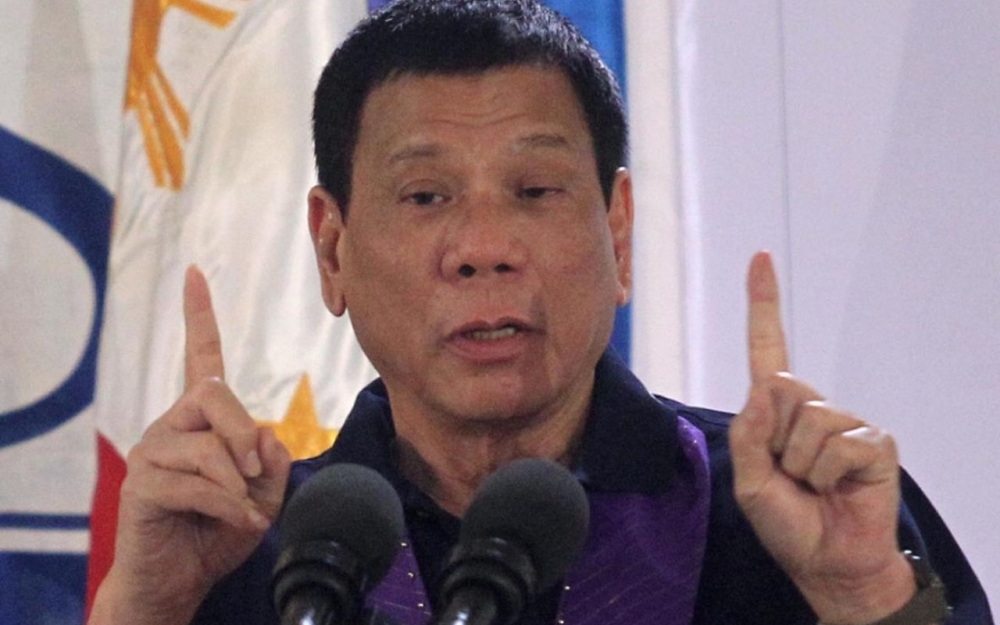Tackling misinformation in closed social media spaces
As I write this , it would have been a year since the Luzon lockdown. It is time to take stock in looking at Covid-19 in the eyes of social media and being part of the solution.
During this time of social distancing, top messaging platforms such as Facebook, Twitter and Viber facilitated conversations about the coronavirus, while at the same time allowing misinformation to spread. The severity and reality of Covid-19 was also questioned. Even friends doubted if masks made a difference. Then there is the politics surrounding the pandemic, which deserves its own space on my Twitter account.
Though conspiracy theories and uncertainties about the reality of the coronavirus hounded social media, the best engagement in the initial days of the pandemic was the overwhelming support from various communities. Volunteers raised their hands to help the vulnerable, the health care workers, and the local communities and homeless families. The hashtag #ProtectTheFrontline was the call to help our health workers on the frontline.
Friends and other generous individuals coordinated efforts in order to provide health care workers with nourishing meals, even transportation, using hashtags #RockEdRelief and #FrontlineFeedersPH. Virtual concerts and shows kept us entertained in social media platforms. Zoom and other web conferencing software kept us in touch with loved ones and helped ease the isolation.
The ugly side of social media is the misinformation about vaccine safety, which is a barrier to vaccine uptake needed to beat the virus. As early as February 2020, the World Health Organization (WHO) dubbed the new coronavirus as a massive “infodemic.” Big social media companies are starting to take action to curb falsehoods and conspiracy theories in public spaces. But most of the harmful misleading narratives about Covid-19 vaccinations are being shared in messaging platforms, groups or closed spaces. No wonder a December 2020 survey conducted by OCTA Research found that only 25 percent of Metro Manila respondents were willing to get an anti-Covid vaccination. Another survey conducted by Pulse Asia between November and December 2020 showed that only 32 percent of Filipinos wanted to get vaccinated against the coronavirus, and 47 percent did not want to get vaccinated at all because of safety concerns.
Does one keep quiet or speak up when someone sends unverified content? Results of the survey “News Habits and Covid-19: A Southeast Asian Lens,” conducted by the Reporting Asean series in nine Southeast Asian countries, reveal that online users are divided on how they handle situations like these. Around 40 percent of the total 118 respondents chose the response “I keep quiet but do not pass the information on” when asked to select which among seven options “best describes what you usually do” when receiving material whose reliability or authenticity they couldn’t readily tell. To keep silent is to allow the misinformation to spread.
A Filipino media professional in the Reporting Asean survey finds it tricky when correcting a family member. But she tries to be “gentle” when alerting them to untrue content by sharing links to the verification website snopes.com. “I don’t call them out in public so they can save face and, instead, I message them privately,” she added. I asked my friends in Clubhouse, a social audio app, on how they addressed vaccine hesitancy among friends or relatives. We all agreed that educating ourselves on the vaccine should start by talking to our family physician and reading from credible websites endorsed by the Vaccine Safety Net (https://www.vaccinesafetynet.org/) or WHO. Two friends described their experience in talking to family members who did not want to get vaccinated due to safety concerns. It is not a matter of presenting facts about the efficacy of the vaccine. Listening to their fears is the first step. Answers given out by the Covid-19 vaccines section at the WHO website then addressed each concern. A dedicated page of “myth busters,” featuring fact-based answers to the most common misconceptions about Covid-19, is also an excellent resource. While our friends will still share unverified content in these closed spaces, the good news is at least more individuals now ask, “Fake news?” In these closed groups, we could serve as amplifiers, disseminating accurate health information to people organically.
First published at the Sunday Business & IT, March 21, 2021



